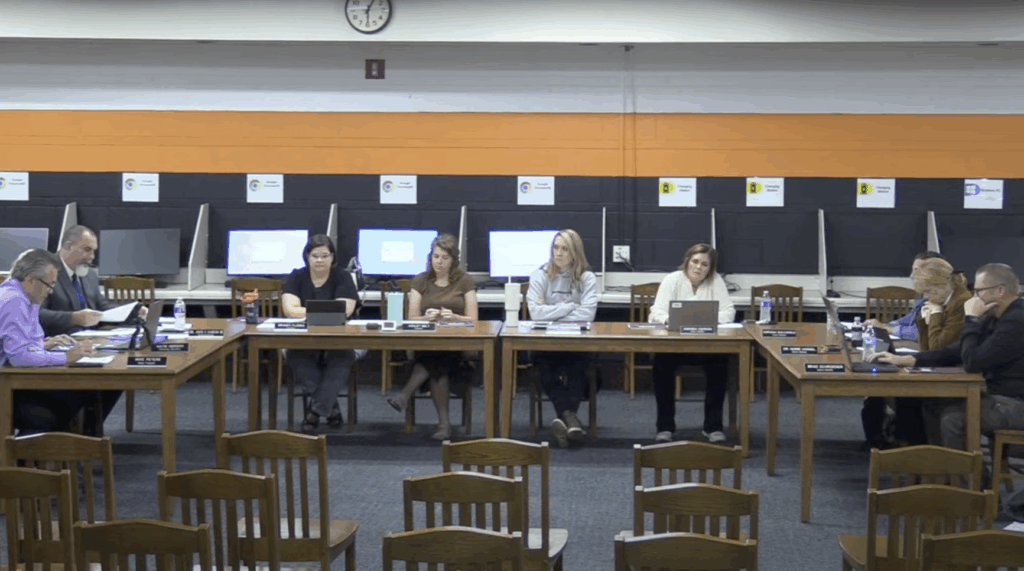
Pritzker signs cryptocurrency bills, sparking debate over protection, innovation
(The Center Square) – Two sweeping digital currency bills touted as a win for consumer protection has critics warning Illinois may be choking off innovation in one of the fastest-growing corners of the economy.
Supporters say the laws Gov. J.B. Pritzker signed mark an important step in preventing fraud and building trust. Critics warn that the rules risk driving innovation and business out of the state.
State Sen. Sue Rezin, R-Morris, said the two bills take very different approaches.
“Senate Bill 1797 establishes broad oversight of digital asset businesses requiring registration, consumer disclosure, asset protections, and anti-fraud safeguards,” she explained. “That’s the fine line that we’re walking here, protecting consumers’ investments while ensuring responsible innovation.”
SB 1797 requires digital asset companies in Illinois to register with the state and follow rules to protect customers’ money. That means if you use a digital currency app, you’ll see clearer warnings about risks, and the company must take steps to keep your funds safe.
Rezin was asked if the law creates an unnecessary bureaucratic burden for small and mid-sized crypto companies.
“I would say the people who oppose these bills are, in theory, opposed to any kind of regulation for this new industry,” Rezin told The Center Square. “I believe that when we have a bill like SB 1797 that delivers what families need most, confidence that when they use digital assets their money and information are protected, then you have a good bill. And because of the support from industry leaders, I believe 1797 shows that this framework protects consumers without creating overregulation or excessive fees. That’s why the bill had the support it did.”
By contrast, Senate Bill 2319 focuses on “crypto ATMs” in gas stations and retail shops, imposing daily limits, disclosure rules and refund requirements, provisions Rezin said went too far.
“This bill really goes too far in micromanaging a single sector of the business,” Rezin said. “It risks stifling access and innovation, which is the very balance we’re trying to strike.”
Rezin explained that cryptocurrency itself exists because of the limits of traditional banking.
“The reason that we have this crypto industry is because of overregulation in the banking industry,” she said. “That’s why we have this, so we have to be cognizant that overregulation for this industry is not good.”
The new rules could directly affect both consumers and operators, according to Rezin. Someone trying to invest $2,000 at a kiosk may be blocked by the daily limit, while operators face steep compliance costs that could drive up fees.
Industry groups also worry about conflicts with federal rules.
“Anytime there’s federal legislation, the federal government should always preempt the state level,” Rezin said. “We asked to wait and see what the federal rules would be. However, they insisted on calling the bill for a vote before we knew the framework.”
Still, Rezin said Illinois can lead responsibly.
“We may not get it right the first time, but we do need to get it right. Illinois has an opportunity in this space. I would like to be a leader versus a follower,” said Rezin.
For consumers, she urged caution.
“Most people don’t understand the industry, including legislators. You need to do your homework and see what best practices are. If you are using a digital asset kiosk, make sure to do your research before you use it,” Rezin said.
She also stressed balancing protection with growth.
“Cryptocurrency is here to stay, and we need to balance consumer protection with allowing the industry to flourish,” she said.
Latest News Stories
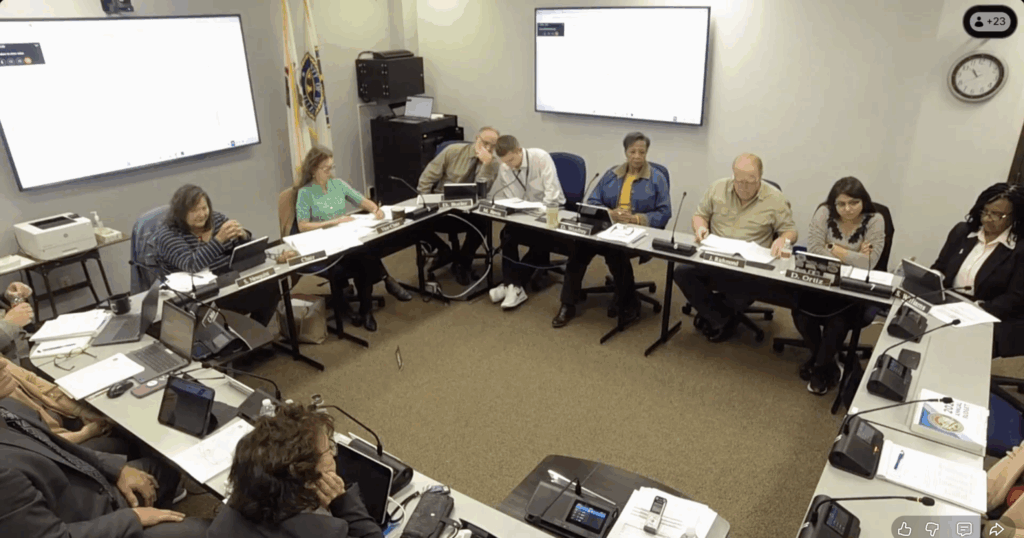
Will County Health Department Pleads for $1 Million to Avert ‘Weakened Public Health System’

Beecher Library Board Begins Discussions on $392,000 Tax Levy

Will County Committee Grapples with $8.9 Million Budget Gap After Contentious 0% Tax Levy Vote

Meeting Summary and Briefs: Beecher Board of Education for October 8, 2025
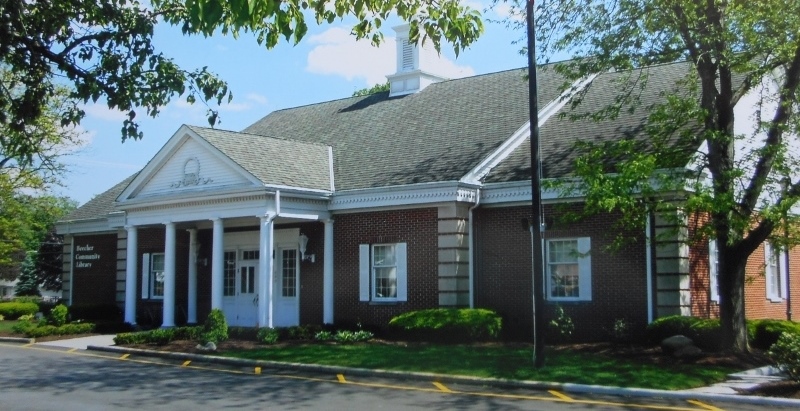
Beecher Library Board Elects New Leadership Following Trustee’s Resignation

Meeting Summary and Briefs: Washington Township Board for September 4, 2024
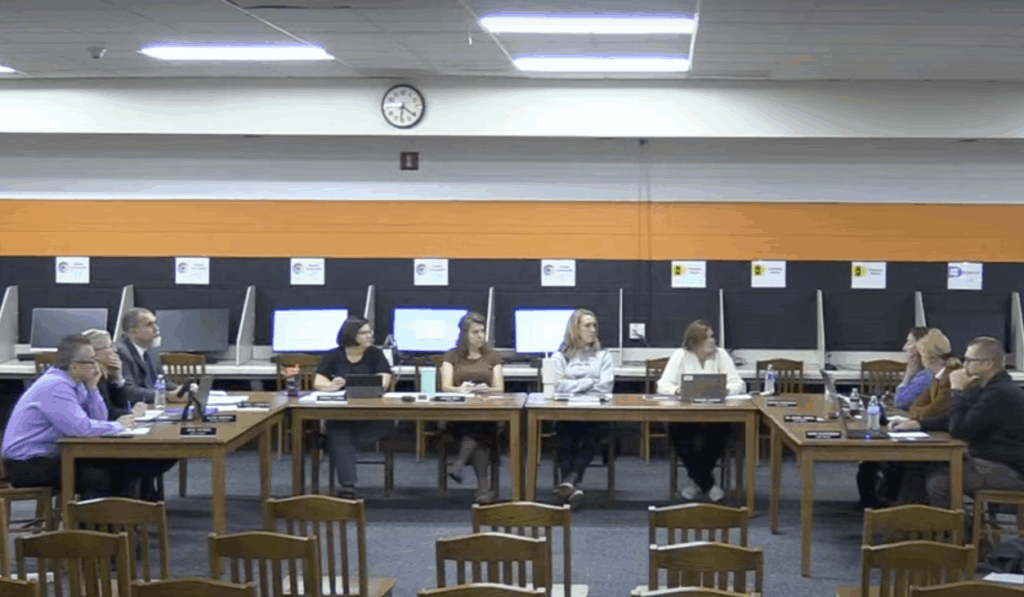
Beecher School Board Reviews Adding Accountability Clause to Oath of Office

Washington Township Asks Will County to Deny Beecher-Area Solar Farm
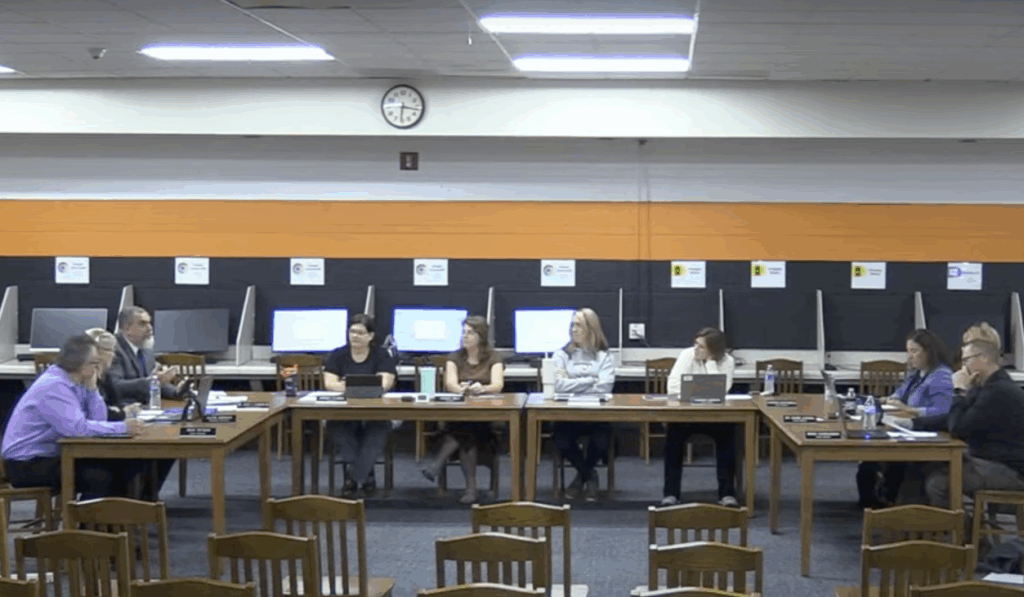
Beecher School District Invests Over $100,000 in New Bus and GPS System
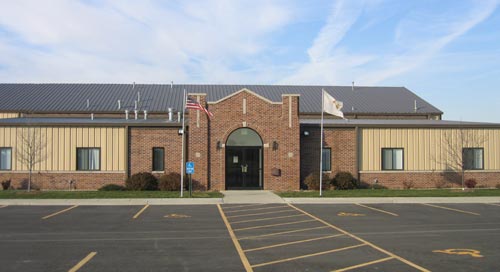
Washington Township Board Approves Nearly $20,000 for New Digital Sign

Meeting Summary and Briefs: Village of Beecher Board for October 14, 2025
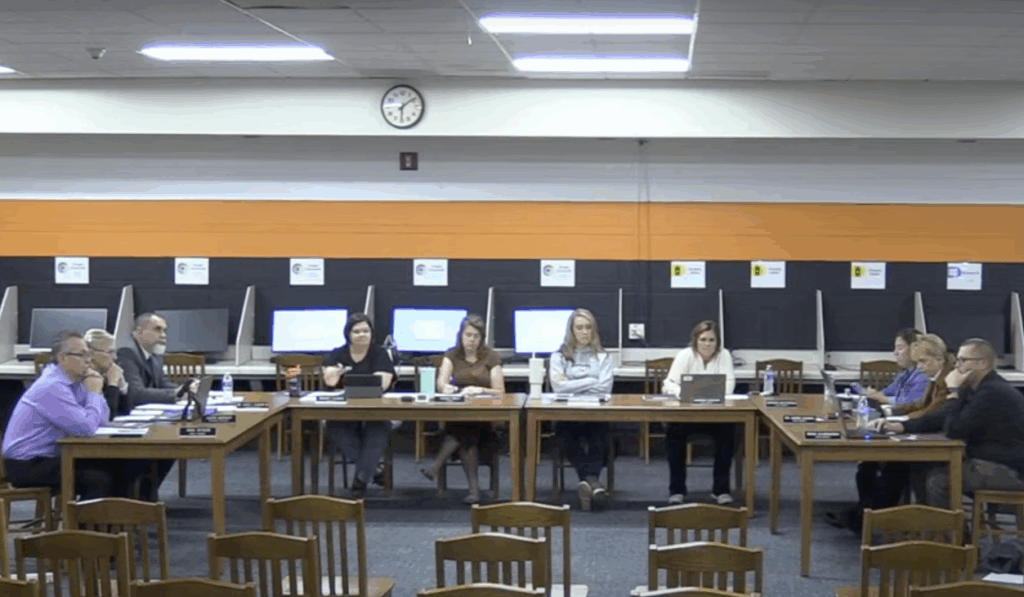
Facing Trainer Shortage, Beecher Schools to Use Paramedics for Athletic Coverage


